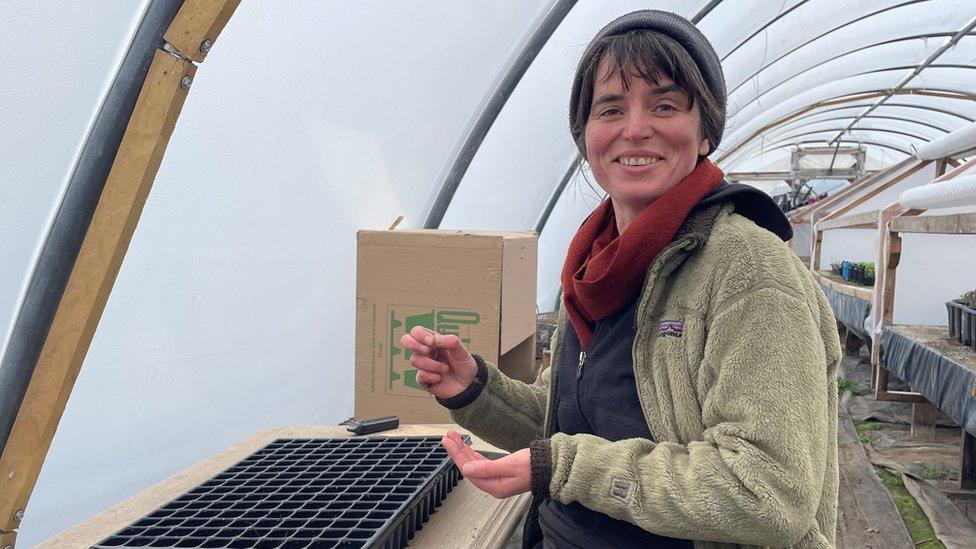UK inflation: Food prices causing problems for farmers
- Published
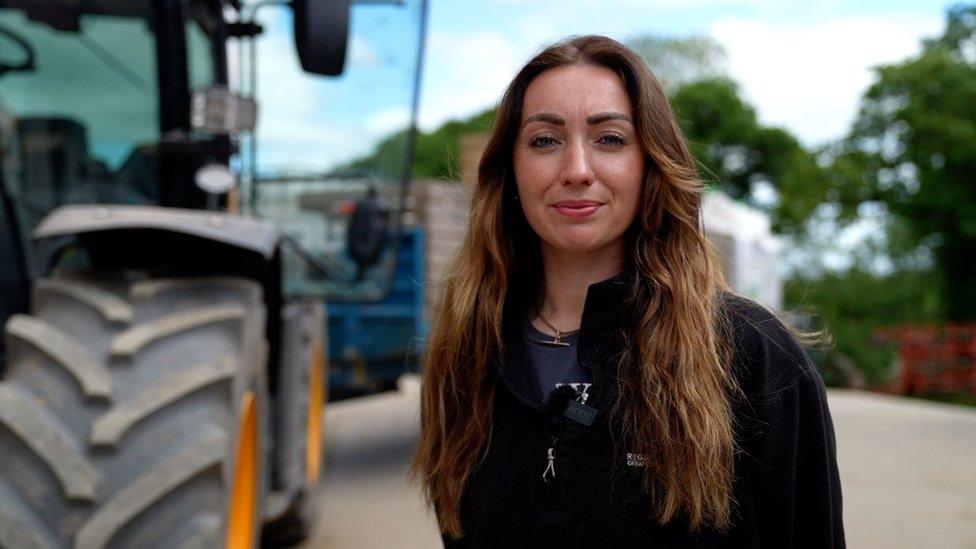
Tessa Elliot's family has run Cresswell Barn Farm for more than 40 years
Pembrokeshire is famous for its potatoes and Tessa Elliot is passionate about growing them.
But she said price rises have made the past year "shocking" for farmers as well as consumers.
She said her family farm has faced "almost daily" cost increases for essentials like seed and fertiliser.
Those increases have fed into the price spiral that has hit shoppers with painfully high food bills.
Food prices in the UK have soared at their fastest rate for almost 45 years, with grocery prices rising by 19.1% in the year to April.
"I know people are paying more for their bag of potatoes or bag of carrots, but it's not because we want more money," said Tessa.
"Our costs have gone up drastically and we are still trying to understand where we can even make a profit."
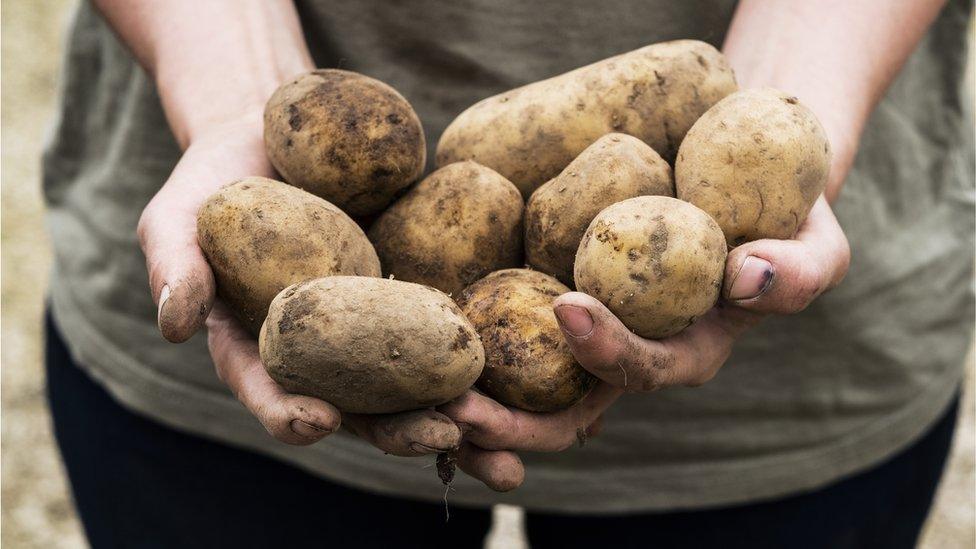
The cost of producing potatoes has risen sharply in the past year
Cash flow is always a challenge for potato farmers, who can wait more than a year to be paid for their crops after harvesting.
But since the Covid-19 pandemic and Russia's invasion of Ukraine, food production costs have jumped.
"For fertiliser we were paying £290-odd and it shot up to £900 for that same bag," said Tessa, whose family has run Cresswell Barn Farm for more than 40 years.
"Seeds were up £40 a tonne. Labour costs went up. There was nothing that didn't go up double, if not more."
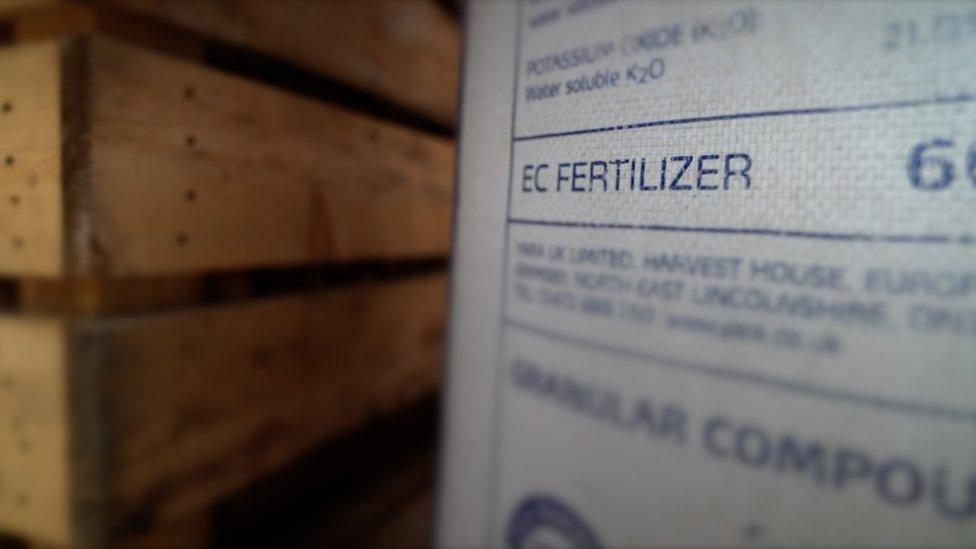
Fertiliser is one of many things in food production that has seen a price rise
While those costs undermined farmers' profits, they also translated into higher costs for consumers, with food prices increasing by nearly a fifth between April 2022 and April this year.
The Competitions and Markets Authority is currently investigating all supermarkets over high food and fuel prices amid allegations that customers are overpaying.
But supermarkets insist they are working to keep prices "as low as possible."
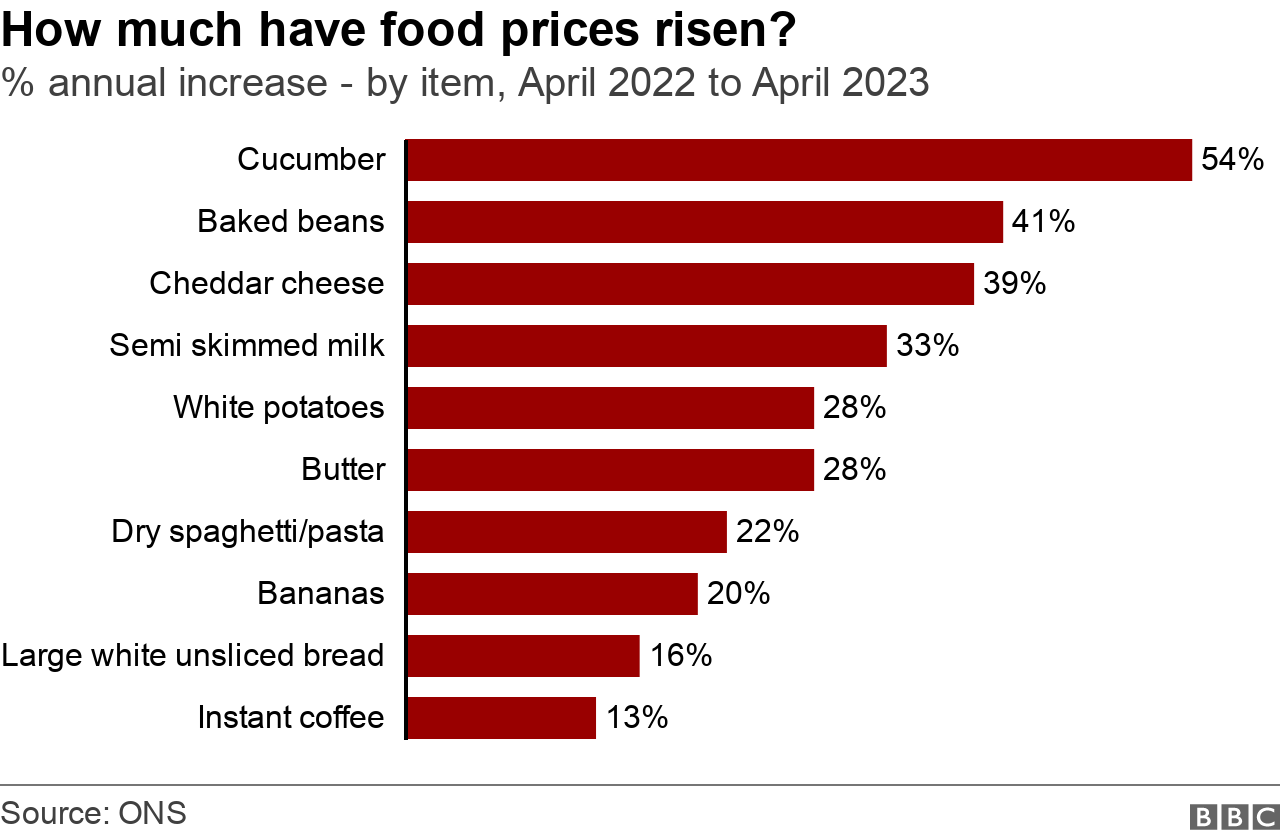
Matthew Hunt runs Filco, an independent chain of supermarkets in Wales, said: "It's very much a perfect storm at the moment, you're seeing cost increases coming from all directions - the three major ones are fuel, labour and energy."
He said his company was not passing on the full cost increases to customers: "It's squeezing how we operate and we have to look at ourselves and see where we can take costs out of our operations."
The UK government has floated the idea of a voluntary cap on basic food prices, but that's had a cold reception from the industry.
"It's a nice soundbite," said Matthew. "How it would work in stores is confusing to me."
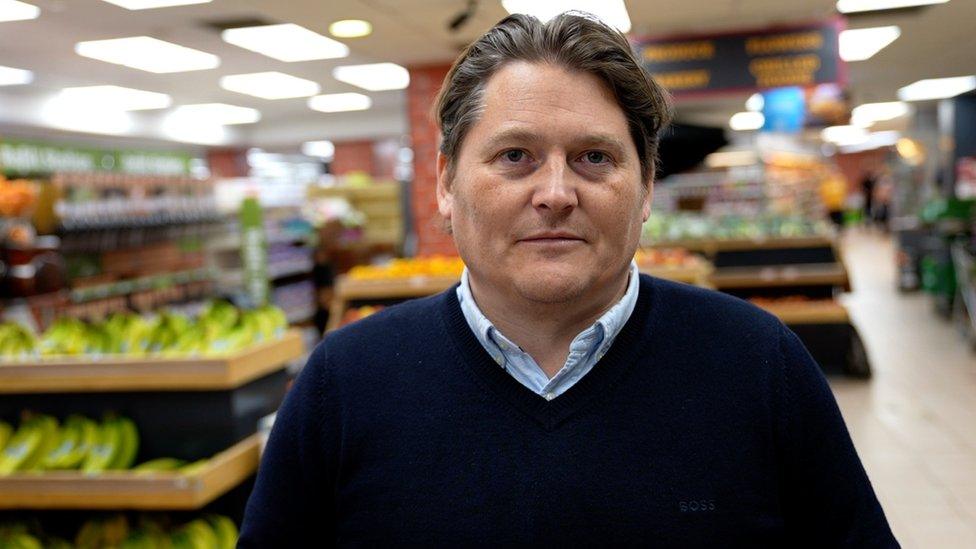
Matthew Hunt says a "perfect storm" has led to high levels of food inflation
When will food bills fall?
But with energy prices having fallen considerably in recent months, what are the prospects of a substantial slowdown in food price rises?
"The good news is that we do think food price inflation has now peaked," said James Walton, chief economist at the grocery industry organisation the IGD.
However he warned that might not lead to "major" price reductions.
"What we're looking at, we think, is food prices levelling off," he said.
"A lot of the things that have driven food pricing remain pretty much in place. The war in Ukraine is ongoing, Russia remains cut out of major food markets, there are still shortages and wage costs are very sticky."
Related topics
- Published16 May 2023
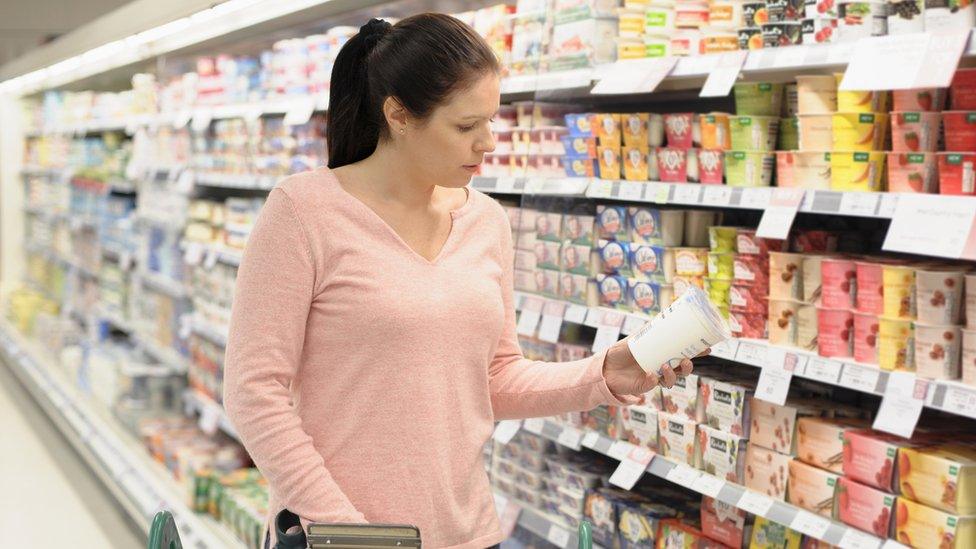
- Published12 May 2023
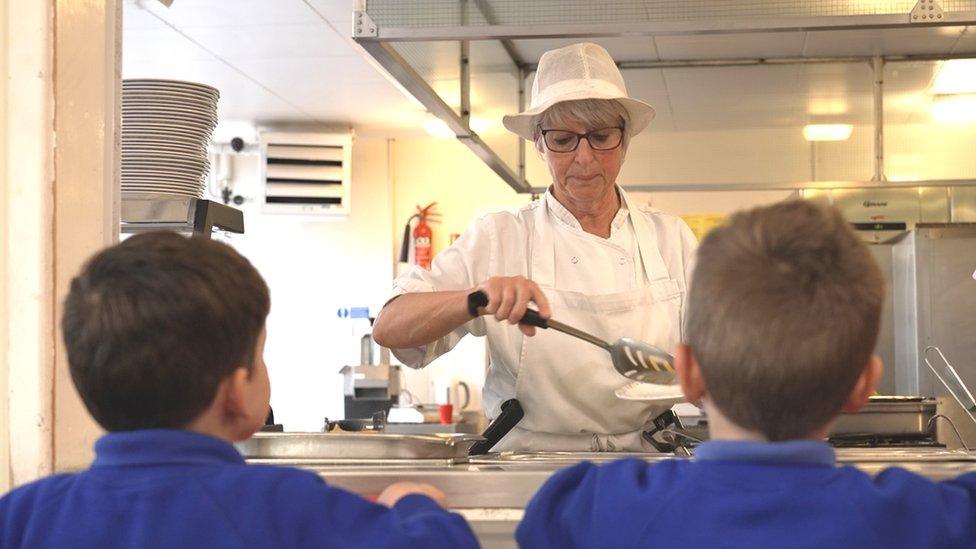
- Published7 February 2023
